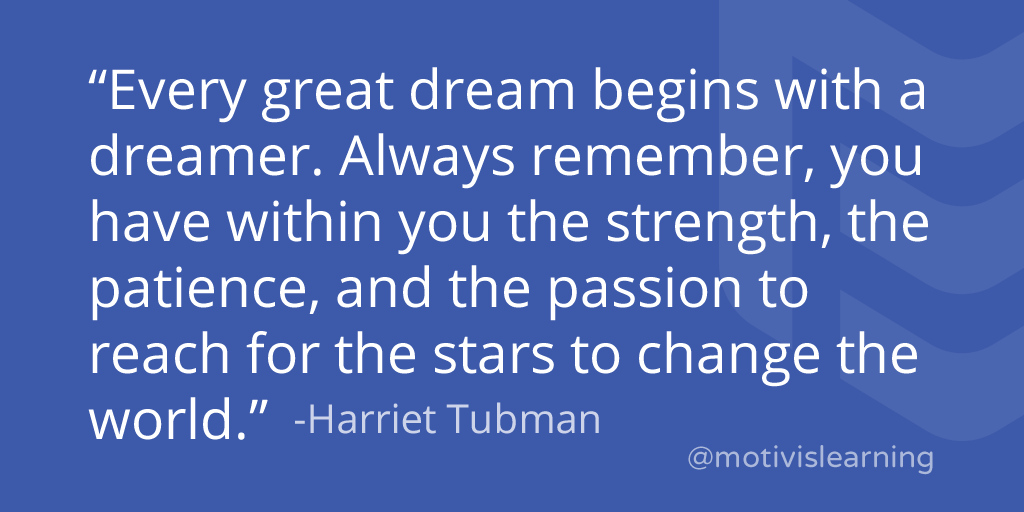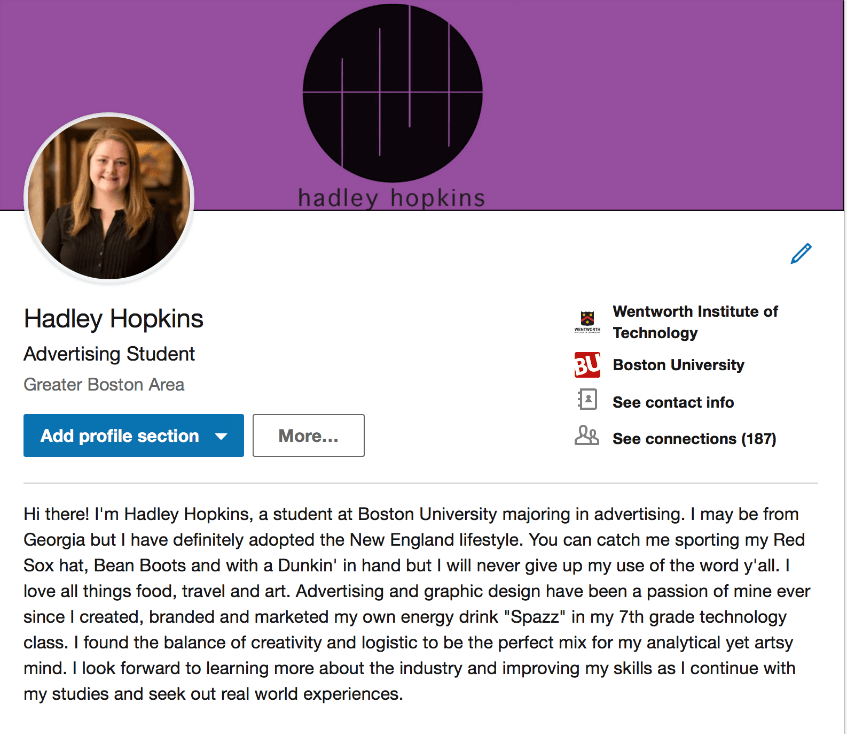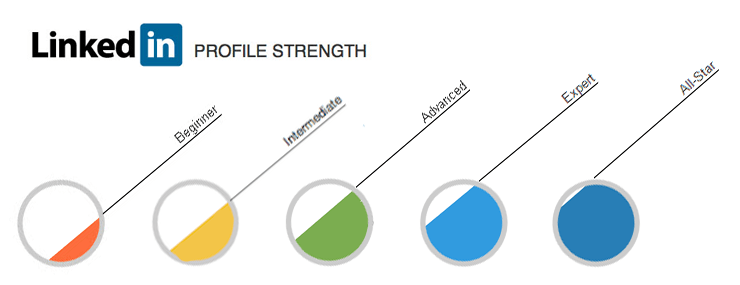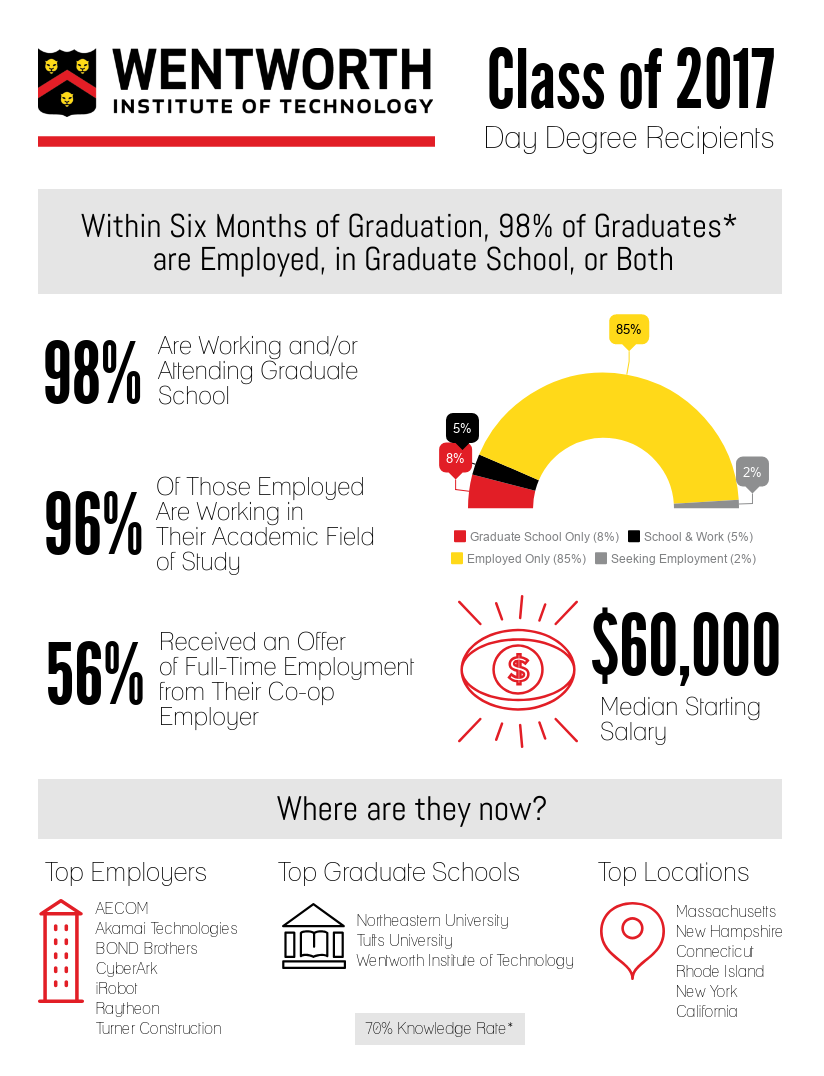By: Becky Smith
So, you’ve submitted a bunch of job applications and you haven’t heard anything. You may feel helpless, but there is something you can do!
First: Gather feedback that can help you to better attract attention. Ask your Co-op + Career Advisor to review your application materials including resume, cover letter, and any correspondence. If you are submitting a portfolio, get that reviewed too.
Second: Follow up to inquire about the status of the position.
Context: Pushy or Helpful? Desperate or Communicative?
Many people are initially uncomfortable with the idea of follow-up. They don’t want to appear pushy or desperate. Good news is: You can follow up without making a bad impression!
Co-op + Career Advisor Sara Dell has a great context for follow-up: “You are actually helping the employer by following up.”
Your recruiter or hiring manager likely has a pile of applications that they need to sort through, but other competing priorities keep them from digging in. By contacting them and expressing your ongoing interest in the job, you make it easier for them to engage with you and get started on the vetting process!
Be extra helpful: Include your resume and cover letter in your follow-up so there is no need to search for your application.
What to Say:
Co-op + Career Advisor Jer Jurma says he advises students to provide some structure for interview scheduling: “The tone is active in a follow-up communication. Give your reader a clear way to respond. Name a specific time period that you will be available for interviews and if it is getting close to your co-op deadline, share the date of your deadline.”
Examples:
“I will be in the area during the week of December 17 and am currently scheduling interviews. I am still really interested in your company and can meet at your convenience.”
“Wednesdays and Fridays are the days that I have the most flexibility. I’m sure we can find a time that is mutually convenient.”
“My school requires me to report a co-op hire by May 11. I want to respect your hiring timeline, but I think we can find a mutually convenient time. I wonder if we can get something on the calendar for the last week of April or the first week of May.”
I often advise students to have something new to say when they follow up.
“Since I applied on November 17, I have added more relevant projects to my resume. See attached.”
“I have been following your company on Twitter for the past month and am really impressed with your new product launch.”
“I have been interviewing this week and am eager meet with your company as well – working in Operations at ADL Systems is one of my top choices at this time.”
How to find a point of contact for follow-up
Don’t have a name?
Find a recruiter or a relevant manager by searching on the company website or LinkedIn.
There is usually a main number or general email available on the company website. In start-ups and small companies, sometimes these emails and calls are answered by the founder or owner!
Have a name, but no contact information?
Websites like hunter.io can provide you with guidance regarding the email naming conventions for most companies.
Find more resources below:
Anatomy of a follow-up email: https://coopsandcareers.wit.edu/wp-content/uploads/sites/46/2018/06/Application-Follow-up-Email-Samples.pdf
More about LinkedIn: https://coopsandcareers.wit.edu/wp-content/uploads/sites/46/2018/06/LinkedIn-Guide.pdf
Whether you are preparing for a co-op search or a job search, the Center for Cooperative Education and Career Development has the resources you need to be successful. If you haven’t met with a Co-op + Career Advisor yet, give us a call at 617-989-4101 to schedule an appointment and we’ll get you started on the right track.









 Meet Ben Kazan, Wentworth Computer Science 11’ Alumnus and current Director of Information Systems and Staff at John Hancock Investments.
Meet Ben Kazan, Wentworth Computer Science 11’ Alumnus and current Director of Information Systems and Staff at John Hancock Investments.